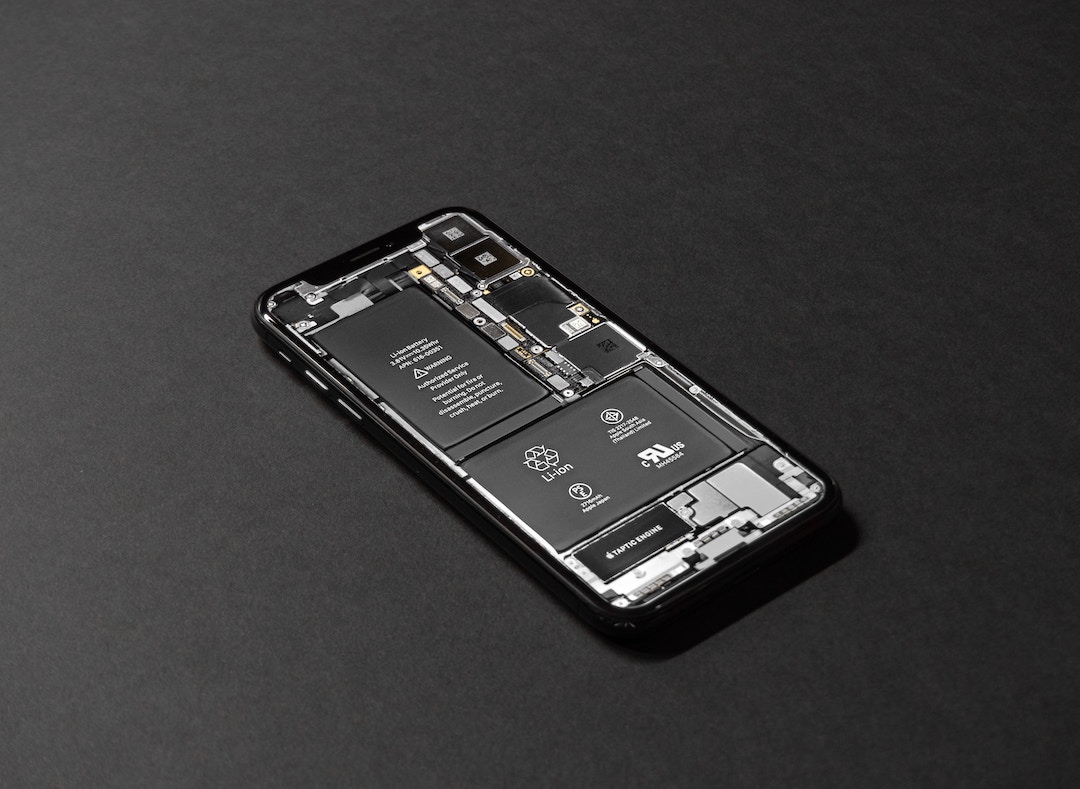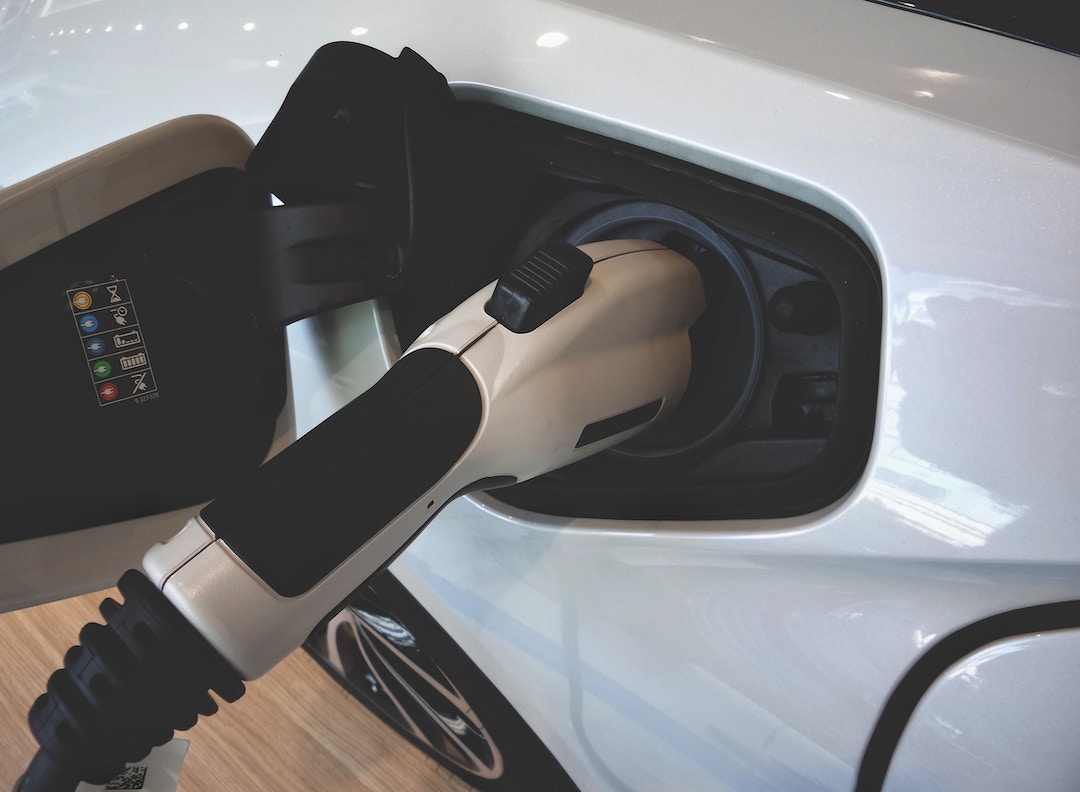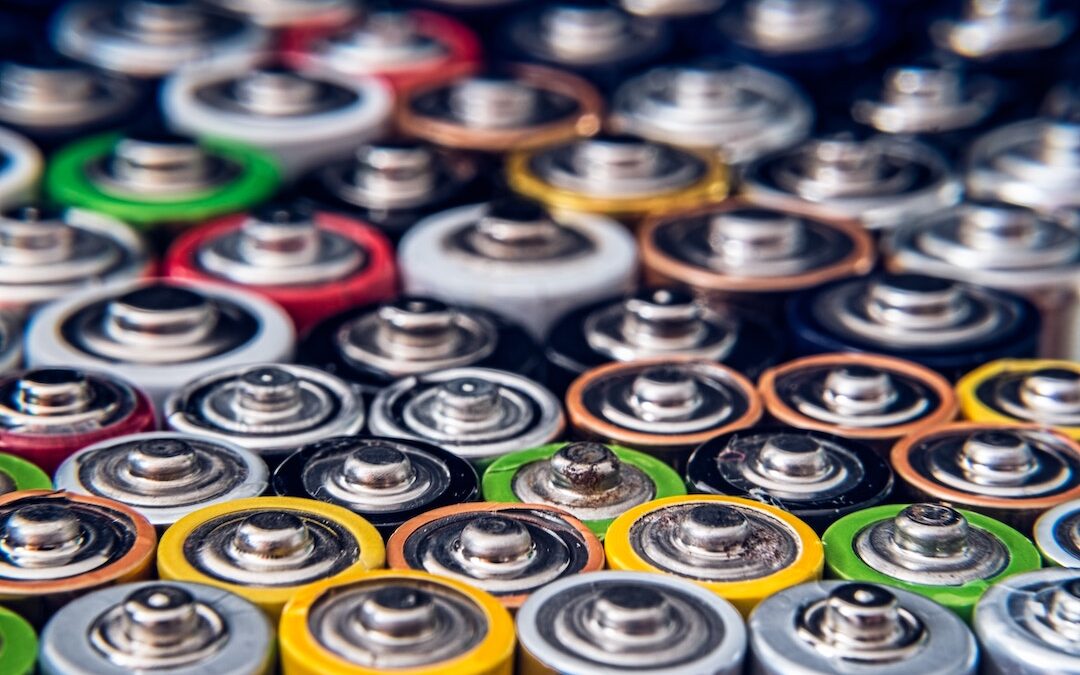An Australian start-up has discovered a way to produce greener, cheaper lithium.
ElectraLith, a startup from Monash University, has created an extraction system that takes lithium from brine in a clean and environmentally conscious way. This means the essential mineral could be extracted from salt lakes, mine tailings, and other similar brine solutions while remaining cheap and easy for businesses.

Lithium ingots
What is lithium?
Lithium is a mineral used in batteries and renewable energy storage. It is most commonly found in batteries for mobile phones, laptops, cameras and electric vehicles.
Currently, Australia and Chile are the world’s biggest producers, extracting this essential mineral from brine and water with a high concentration of lithium carbonate.
According to recent studies, the demand for lithium is set to increase by up to 800 percent before 2050, due to an increased call for renewable energy alternatives. This is equivalent to around one million additional tonnes of lithium every year, meaning the development of new extraction methods has never been more important.

Lithium is often used in batteries for phones and computers.
What is ElectraLith?
ElectraLith’s project was led by Professor Huanting Wang, Director of the ARC Research Hub for Energy-efficient Separation at Monash University’s Department of Chemical and Biological Engineering.
According to Professor Wang, “current lithium extraction methods involve either roasting hard rock at high temperature and dissolving it with hot sulfuric acid, or evaporating brines in a solar pond, both of which use chemicals to precipitate lithium out. It is time consuming, disruptive, expensive and wasteful. My research in nanostructure membranes is all about efficiency and ingenuity to make the most of this limited mineral resource.”
The project uses electro-filtration membrane technology to extract the mineral from brine. It draws on sources of renewable electricity, such as solar panels, to produce greater amounts of lithium without large amounts of wastage.
This low-impact, high-efficiency method reduces production costs by 40 percent, making ElectraLith competitive in the global market and acting as an incentive for businesses to adopt this environmentally-conscious method.
Already, this startup is making waves both nationally and internationally. ElectraLith has been chosen by Aussie tech incubator Cicada Innovations to share their project at Cicada x Tech23, one of the country’s top deep tech conferences. This demonstrates the potential of the project to help Australia reduce emissions while increasing renewable energy production.

Lithium can also be used for powering electric vehicles.
What’s next?
ElectraLith is hoping that their technology will transform the battery market, offering a more environmentally friendly processing option.
However, while it is sparking plenty of interest, there is still work to be done before it reaches its full potential.
According to Dr Zhouyou Wang, who was awarded an Australian Research Council Early Career Industry Fellowship thanks to her role in the project, “even though seawater is a brine, the concentration of Lithium is too low for cost effective extraction, but we are already thinking about designing the next generation of membranes to improve Lithium extraction, so maybe in the future we can extract Lithium from new sources.”
There is more work and research to be done before this sustainable start-up can be integrated into all aspects of the industry, but it is certainly sparking hope that green, environmentally-conscious energy practices are becoming more accessible than ever.
To learn more about sustainability in the mining sector, click here.

